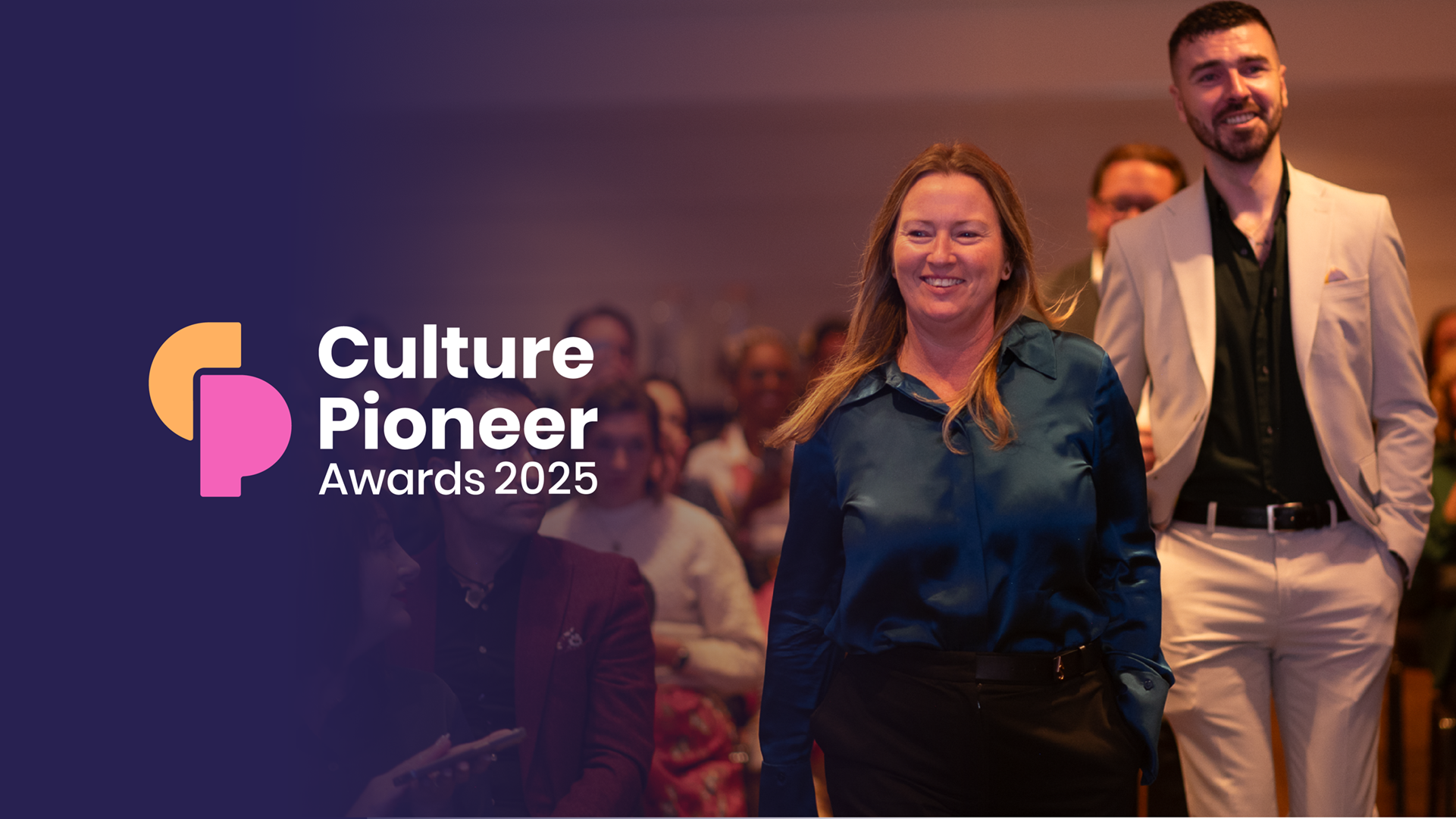Why are experts kings or queens of their subject, but paupers when they explain it? These articles explore i) why experts are cursed by what they know ii) how to beat the Curse of Knowledge symptoms and iii) ways learning professionals can support experts to create videos, podcasts et al that make sense and help people do their jobs better.
The Curse of Knowledge means we forget what it’s like not to know what we know. I explain why this happens in the first article. But many experts also forget what it felt like not to know what they know. Because the further you move from beginner to expert, the more you forget your own struggles to master your subject.
It’s why experts get frustrated or bewildered when people don’t understand. This empathy gap is the focus of a Harvard Business School doctoral research.
Ting Zhang’s research poses these questions.
- Can experts rediscover inexperience and the emotions of uncertainty and failure?
- And does this make them better teachers and communicators?
In one experiment skilled right-handed guitarists watched videos of beginners fumbling chords. They then gave the novice guitarists written advice.
But here’s the twist. The control group of experts first had to recreate the experience of being a beginner. They flipped their guitars round so they strummed with the left hand and formed chords with the right.
The novice guitarists reported that the experts who rediscovered inexperience were more empathetic and encouraging. And their advice was more specific and therefore actionable.
So what can we do with this research?
We can’t take experts back in time to improve how they communicate. But we can:
- Help them see what it’s like to be their audience: nobody changes if they don’t think there’s a problem.
- Guide them to provide the information that connects the dots: between things they take for granted, and so don’t say, and what people need to know to understand.
In the second article I described three common Curse of Knowledge symptoms.
- The hit and run information dump
- Diving straight into the nitty gritty
- Speaking another language – Expertese
So how do these feel? What’s it like to drown in information and suffocate on Expertese?
These analogies give experts some insight into their audience.
Symptom #1: How the information dump feels
Information overload comes in two types:
- Quantity – too much stuff to take in
- Irrelevance – information unrelated to what people need to do
A feeding metaphor works for both.
Quantity – Force feeding information with no time to digest
What experts know is amorphous. They can always add more. And often do. Because it’s interesting (to them). But the brain can’t process loads of information in one go.
So experts are like farmers force-feeding foie gras geese, oblivious to their gag reflex or ability to digest. This analogy’s visual impact helps experts connect with their audience. And their struggle to deal with stomach-busting amounts of information.
Unrelated information – baked beans, semolina and mustard, all on the same plate
The right blend of information helps people take action. It focuses on a specific outcome.
It’s like combining classic food combinations everyone loves. Sausage, bacon and egg. Or, meringue, strawberries and cream. The core flavours come through. Nothing’s added to confuse or detract.
Digressions and asides pile unrelated ingredients – baked beans, semolina and mustard – onto the same plate. Clashing tastes that merge into one big mouthful of bleuh. The main flavour is lost. One spoonful and people push the plate away.
This analogy helps experts see that touching on lots of ideas – ingredients that don’t go together – is confusing. It detracts from the message and what people need to do. Worse still, it makes your audience switch off.
Analogies may not be as powerful as recreating the experience of uncertainty and failure – like making right handed guitarists flip round their guitars. But analogies can spark enough empathy for their audience that experts see the need to change.
So how do we help them create bite-sized portions of food with the right combination of ingredients?
These 3 prompt questions help keep experts on track.
- What does your audience need to do?
- What information do they need in order to take this specific action?
- Can they take action without that piece of information – if yes, cut it.
Symptoms #2 and 3: How Expertese and the nitty gritty feel
To build understanding people need a balance of information – ideas, theories and general themes supported by real life details and concrete applications.
But experts – depending on their subject – often focus on one or the other type of information.
A machine analogy helps experts see what this is like for their audience.
How Expertese feels
Speaking in the abstract is a common feature of Expertese. Experts who focus on theory and ideas are like designers describing a machine blueprint.
People can see intersecting lines on paper. But they’re clueless what it looks like in 3D, how the bits fit together and move. Or how to actually use it. They need concrete details to make sense of the diagram, to bring it to life. Or it remains a load of lines on paper.
So remind experts they can visualise the blueprint in 3D. They know how it works. This is the bleeding obvious to them, their unrecognised essential knowledge. But the Curse of Knowledge means they’ve forgotten what it’s like not to know this. So they assume everyone else can visualise the machine in action too.
Use these prompt questions to help experts uncover the concrete details, that make the abstract real.
- Can you give me a real life example that illustrates the point?
- Who uses this ….?
- When do they need this …?
- How exactly do people use this …?
- How do you do that?
- Why does that happen?
- What happens when…?
- What, specifically…?
- Tell me more about…
- What’s the root cause of all this?
How diving straight into the nitty gritty feels
Experts who go straight to the detail are like mechanics zooming in on an isolated machine part.
People get a detailed description of how the cogs move, lubrication types and the merits of different metal alloys. But what’s the part’s purpose? Why is it important? And how does it contribute to the working of the whole machine? The context that gives the part meaning is missing. The audience need perspective to understand what it means.
To help experts zoom out, and give some context, prompt them with questions like these.
- How does that relate to…?
- What’s the purpose of ….?
- What’s the intention of …?
- What is this an example of …?
- What is this a part of…?
- What’s the result of this…?
- What is this trying to achieve?
- Who is this for?
- Why do they need it?
Together, these questions prompt experts to give the balance of ideas and concrete details people need to understand.
Machine and food analogies may seem trite. But they help experts, immersed in their subject, put their head above water. So they connect with their audience. Because we’ve all been on the receiving end of the Curse of Knowledge. The plumber, doctor or car mechanic who leaves us bamboozled.
Work with experts to share know-how at scale
Cognitive science has uncovered why experts struggle to make themselves clear. Attributing this to a universal phenomenon of the brain comes as a relief for experts. And it sparks their curiosity in a way learning theories don’t. Because they recognise their knowledge has indeed cursed them.
When experts feel understood they want to collaborate. They embrace the support learning professionals can offer. So together we create videos and podcasts that make sense and help people do their jobs better.
Why are experts kings or queens of their subject, but paupers when they explain it? These articles explore i) why experts are cursed by what they know ii) how to beat the Curse of Knowledge symptoms and iii) ways learning professionals can support experts to create videos, podcasts et al that make sense and help people do their jobs better.
The Curse of Knowledge means we forget what it’s like not to know what we know. I explain why this happens in the first article. But many experts also forget what it felt like not to know what they know. Because the further you move from beginner to expert, the more you forget your own struggles to master your subject.
It’s why experts get frustrated or bewildered when people don’t understand. This empathy gap is the focus of a Harvard Business School doctoral research.
Ting Zhang’s research poses these questions.
- Can experts rediscover inexperience and the emotions of uncertainty and failure?
- And does this make them better teachers and communicators?
In one experiment skilled right-handed guitarists watched videos of beginners fumbling chords. They then gave the novice guitarists written advice.
But here’s the twist. The control group of experts first had to recreate the experience of being a beginner. They flipped their guitars round so they strummed with the left hand and formed chords with the right.
The novice guitarists reported that the experts who rediscovered inexperience were more empathetic and encouraging. And their advice was more specific and therefore actionable.
So what can we do with this research?
We can’t take experts back in time to improve how they communicate. But we can:
- Help them see what it’s like to be their audience: nobody changes if they don’t think there’s a problem.
- Guide them to provide the information that connects the dots: between things they take for granted, and so don’t say, and what people need to know to understand.
In the second article I described three common Curse of Knowledge symptoms.
- The hit and run information dump
- Diving straight into the nitty gritty
- Speaking another language - Expertese
So how do these feel? What’s it like to drown in information and suffocate on Expertese?
These analogies give experts some insight into their audience.
Symptom #1: How the information dump feels
Information overload comes in two types:
- Quantity - too much stuff to take in
- Irrelevance – information unrelated to what people need to do
A feeding metaphor works for both.
Quantity - Force feeding information with no time to digest
What experts know is amorphous. They can always add more. And often do. Because it’s interesting (to them). But the brain can’t process loads of information in one go.
So experts are like farmers force-feeding foie gras geese, oblivious to their gag reflex or ability to digest. This analogy’s visual impact helps experts connect with their audience. And their struggle to deal with stomach-busting amounts of information.
Unrelated information - baked beans, semolina and mustard, all on the same plate
The right blend of information helps people take action. It focuses on a specific outcome.
It’s like combining classic food combinations everyone loves. Sausage, bacon and egg. Or, meringue, strawberries and cream. The core flavours come through. Nothing’s added to confuse or detract.
Digressions and asides pile unrelated ingredients - baked beans, semolina and mustard - onto the same plate. Clashing tastes that merge into one big mouthful of bleuh. The main flavour is lost. One spoonful and people push the plate away.
This analogy helps experts see that touching on lots of ideas – ingredients that don’t go together – is confusing. It detracts from the message and what people need to do. Worse still, it makes your audience switch off.
Analogies may not be as powerful as recreating the experience of uncertainty and failure – like making right handed guitarists flip round their guitars. But analogies can spark enough empathy for their audience that experts see the need to change.
So how do we help them create bite-sized portions of food with the right combination of ingredients?
These 3 prompt questions help keep experts on track.
- What does your audience need to do?
- What information do they need in order to take this specific action?
- Can they take action without that piece of information – if yes, cut it.
Symptoms #2 and 3: How Expertese and the nitty gritty feel
To build understanding people need a balance of information – ideas, theories and general themes supported by real life details and concrete applications.
But experts - depending on their subject – often focus on one or the other type of information.
A machine analogy helps experts see what this is like for their audience.
How Expertese feels
Speaking in the abstract is a common feature of Expertese. Experts who focus on theory and ideas are like designers describing a machine blueprint.
People can see intersecting lines on paper. But they’re clueless what it looks like in 3D, how the bits fit together and move. Or how to actually use it. They need concrete details to make sense of the diagram, to bring it to life. Or it remains a load of lines on paper.
So remind experts they can visualise the blueprint in 3D. They know how it works. This is the bleeding obvious to them, their unrecognised essential knowledge. But the Curse of Knowledge means they’ve forgotten what it’s like not to know this. So they assume everyone else can visualise the machine in action too.
Use these prompt questions to help experts uncover the concrete details, that make the abstract real.
- Can you give me a real life example that illustrates the point?
- Who uses this ….?
- When do they need this …?
- How exactly do people use this …?
- How do you do that?
- Why does that happen?
- What happens when...?
- What, specifically...?
- Tell me more about...
- What’s the root cause of all this?
How diving straight into the nitty gritty feels
Experts who go straight to the detail are like mechanics zooming in on an isolated machine part.
People get a detailed description of how the cogs move, lubrication types and the merits of different metal alloys. But what's the part’s purpose? Why is it important? And how does it contribute to the working of the whole machine? The context that gives the part meaning is missing. The audience need perspective to understand what it means.
To help experts zoom out, and give some context, prompt them with questions like these.
- How does that relate to...?
- What’s the purpose of ….?
- What’s the intention of …?
- What is this an example of …?
- What is this a part of…?
- What’s the result of this…?
- What is this trying to achieve?
- Who is this for?
- Why do they need it?
Together, these questions prompt experts to give the balance of ideas and concrete details people need to understand.
Machine and food analogies may seem trite. But they help experts, immersed in their subject, put their head above water. So they connect with their audience. Because we’ve all been on the receiving end of the Curse of Knowledge. The plumber, doctor or car mechanic who leaves us bamboozled.
Work with experts to share know-how at scale
Cognitive science has uncovered why experts struggle to make themselves clear. Attributing this to a universal phenomenon of the brain comes as a relief for experts. And it sparks their curiosity in a way learning theories don’t. Because they recognise their knowledge has indeed cursed them.
When experts feel understood they want to collaborate. They embrace the support learning professionals can offer. So together we create videos and podcasts that make sense and help people do their jobs better.








